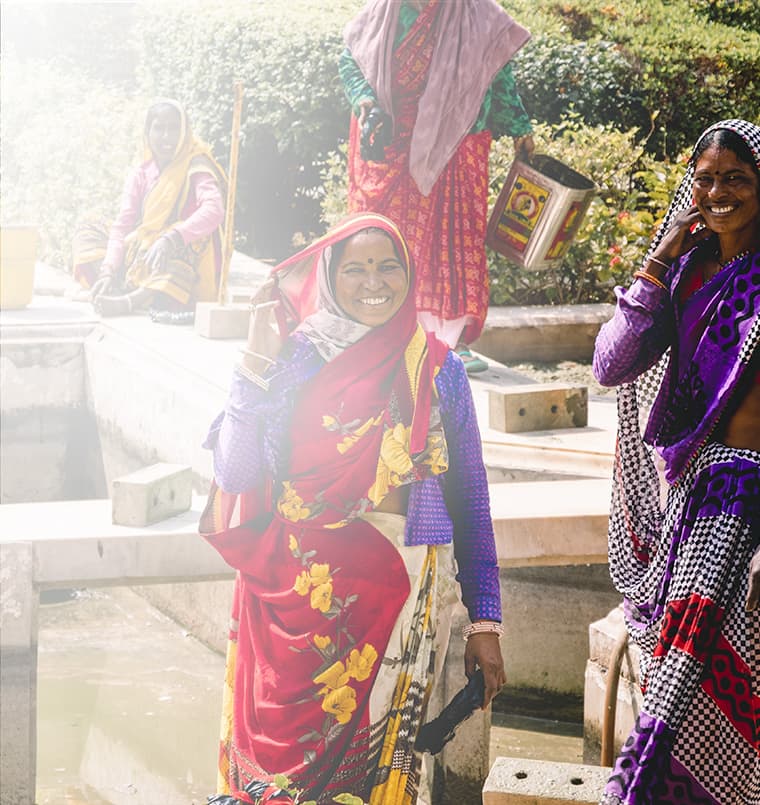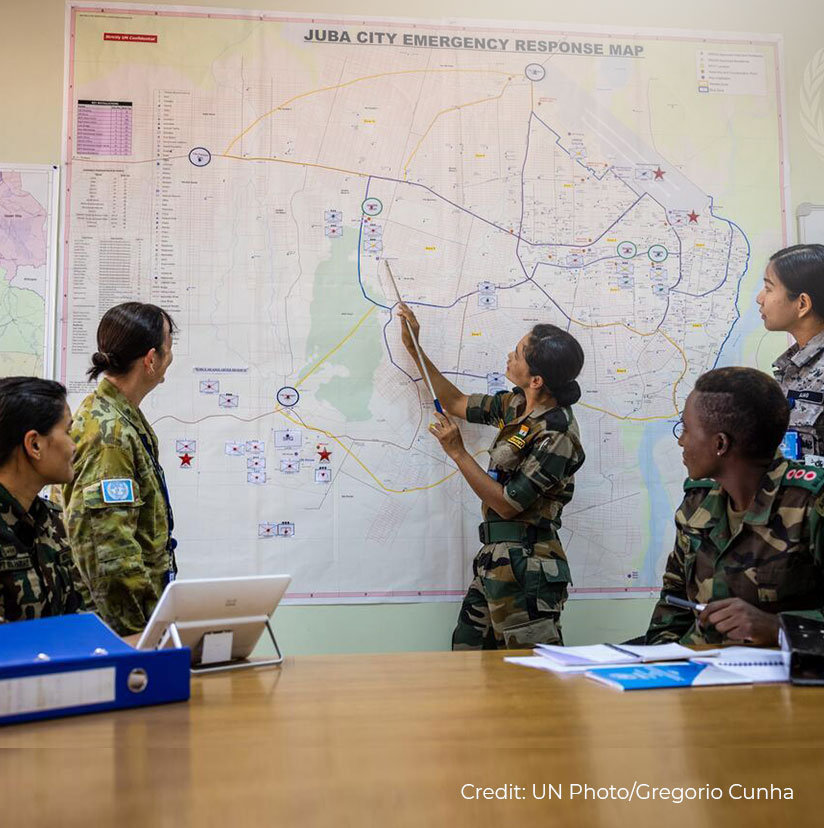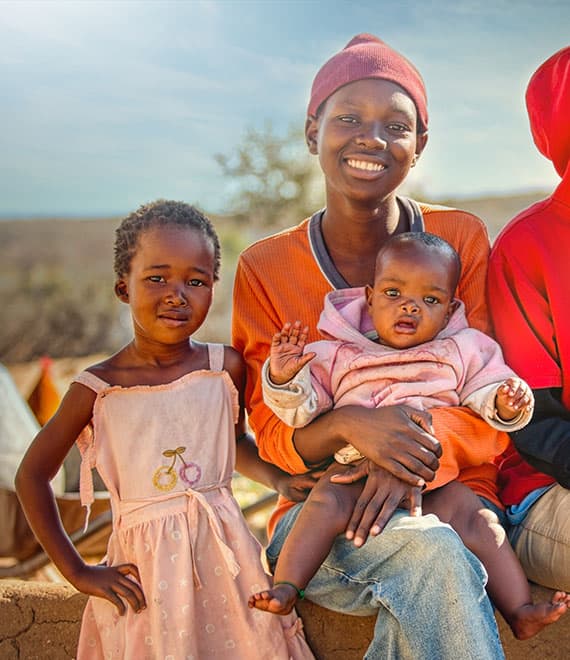
We led programmes to build the competencies of peace and security professionals who are developing initiatives to address the interconnected pandemic-related challenges that continue to impact conflict-affected countries.
In an increasingly uncertain world, peace and security professionals are being challenged to build multidimensional and inclusive peace processes. In 2021, our peace and security learning offerings and initiatives were re-scoped to support responses to the conflict-related challenges arising from the COVID-19 pandemic.


Climate change is considered by many as among the greatest risks for peace and security in the 21st century. Learning programmes need to unpack the interlinkages between climate change, peace and security and explore opportunities for promoting inclusive climate action, conflict prevention and peacebuilding. In 2021, hundreds of peace and security professionals participated in learning and knowledge-sharing initiatives. Our goal was to help them analyse climate-related security risks in order to shape integrated responses and recovery plans.
The
The staff College also hosted three Coffee Hour webinars at the 2021
In conflict-affected areas, pandemic-related health measures such as restrictions on non-essential activities, lock downs, and physical distancing can aggravate the consequences of armed conflict, extremism and crime. To avoid this, it is important for peace and security professionals to adopt a conflict-sensitive lens across their interventions.
Throughout 2021, the Staff College engaged UN staff as well as other stakeholders to
integrate conflict-sensitive lenses into their COVID-19 responses and recovery plans. The
College’s
Inequalities caused by the pandemic have hindered meaningful participation of youth in peace and security processes. In spite of this, young people continue to be important contributors to innovative and effective response and recovery solutions to conflict prevention and resolution processes.
As part of our continued efforts to reinvigorate dialogue and action on the Youth Peace and
Security (YPS) Agenda, the Staff College implemented a number of youth programmes. The
The Youth, Peace and Security Primer is available in five languages — English, Spanish, Arabic, French and Portuguese. Over 600 people from around the world have enrolled in the YPS Primer. As schools and training programmes remained closed during the pandemic, our YPS primer contributed a much-needed free and accessible training. Practitioners valued learning to establish common bases of understanding approaches for the UN system and partners. With an increased number of course participants expected, this YPS primer is set to play an important role in empowering and training youth stakeholders, and improving their ability to make a positive impact on sustainable peace.
A consequence of the pandemic has been diminishing trust in governments and leaders,
resource competition, and low social cohesion. Conflict-affected
countries have become less equipped to analyse the root causes and drivers of conflict
within their borders.
The
With the pandemic projected to lead to 15 new or resumed armed conflicts before 2023, the Staff College continues to leverage its partnerships and strengthen learning and knowledge-sharing initiatives to build capacity in conflict analysis.